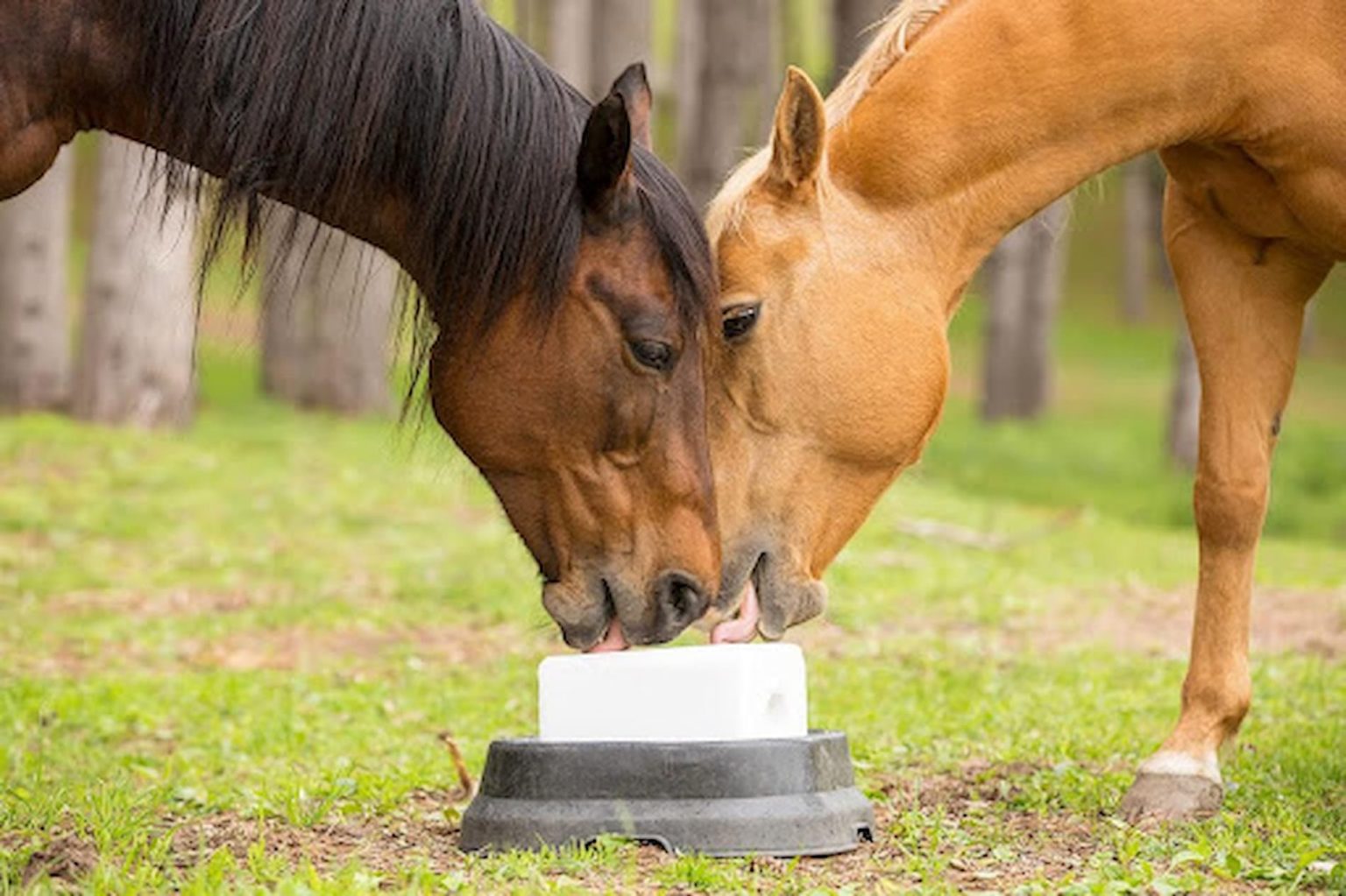
Minerals are a vital part of your horses’ diet and many are found naturally in forages whereas others have to be supplied via horse feed. Minerals are structural components of many body tissues and excesses as well as deficiencies can impact health. Laminitis in horses is one disease where minerals are important for repairing the hoof tissues. Iron is a key mineral for horses but why is iron so vital when it comes to horse health?
The Importance of Iron
When consumed in the correct quantities, iron is one of the most important minerals for your horse. While the heart and lungs play an important role in circulating oxygen through the body, iron is a key component of haemoglobin, a blood protein, and myoglobin, a muscle protein. When you combine these, which are both responsible for the transportation of oxygen to their respective environments and consider that iron is also involved in the immune system, it is easy to see why iron is really important for the performance horse.
Each horse is unique, and the levels of iron supplementation required may differ. Iron is an essential part of your horse’s diet, but understanding them as an individual, taking into account their day-to-day activities or work and knowing how much they are receiving from the forage is key to knowing what you need to add to the bucket feed.
How Should Your Horse Consume Iron?
Typically, iron levels of 400mg per day for a 500kg horse used for light exercise is sufficient, whereas horses accustomed to intense exercise, broodmares in late pregnancy or lactation, and growing horses will require higher levels. Iron also comes in different forms, such as inorganic and organic which impacts how easily the horse can absorb the iron. Many horses will consume sufficient iron from the pasture or hay they consume but if more is required, a supplement can be added. Feeds intended for performance horses often contain iron and so it is important to note that too much iron can be harmful. So before adding a supplement, check how much the base ration supplies. A nutritionist can help you with this if the maths is a bit daunting!
How Susceptible are Horses to Iron Deficiency?
New-born horses absorb iron far more efficiently than fully grown, mature horses. Although an iron deficiency in horses is rare, especially for those with adequate access to pasture and hay, it can happen especially in foals or adult horses who may be losing a lot of blood from ulcers in the digestive system or as a result of over-exertion during exercise which results in a bleed from the respiratory system – a condition known as EIPH.
Like humans, horses are unique in their biochemistry. This should be regularly considered whenever you choose to alter or add to the supplementation you choose for your horse. Bearing this in mind, it is important that you consider all options and consult with your veterinarian should your horse exhibit any worrying symptoms of any sort.

Leave a Reply
You must be logged in to post a comment.